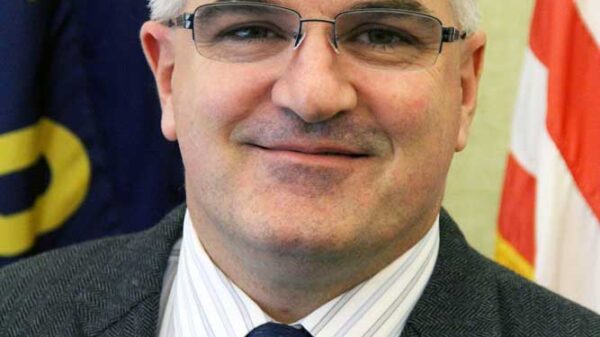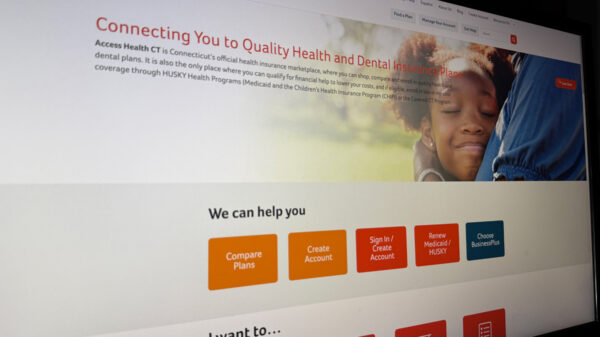The composition of advisory committees at the U.S. Food and Drug Administration (FDA) raises questions about the impartiality of drug evaluations. A recent review highlights that individuals with favorable experiences or potential conflicts of interest predominantly participate in these meetings. This trend could influence the assessment of new drugs and the overall safety standards upheld by the agency.
FDA advisory committees are tasked with providing expert opinions on the safety and efficacy of newly proposed medications. These committees include open public hearing sessions, where input from patients, clinicians, and advocates is welcomed. However, the recent findings indicate that those who share positive experiences or have vested interests may overshadow critical voices, potentially skewing the advisory process.
Concerns About Representation and Influence
The findings, presented in a report by the Journal of the American Medical Association, suggest a significant imbalance in the representation at these meetings. The analysis showed that nearly 70% of participants in public hearings had previously reported positive outcomes related to the drugs under discussion. Furthermore, a substantial number of these participants had links to pharmaceutical companies, raising concerns over objectivity.
Critics argue that such a landscape may inhibit genuine scrutiny of new treatments. Dr. Michael Carome, director of the health research group Public Citizen, emphasized that “the integrity of the FDA’s advisory committees is paramount for public trust.” He noted that the predominance of positive testimonials could lead to the approval of drugs that may not adequately meet safety standards.
The FDA’s reliance on public input is intended to create a more transparent and inclusive decision-making process. However, the growing evidence that favorable narratives are more likely to be heard suggests that the system may need reform.
Calls for Improved Standards
Advocacy groups and health professionals are calling for the FDA to implement stricter guidelines governing the selection of participants for advisory meetings. Suggestions include increasing the number of independent experts and ensuring that a diverse range of perspectives, especially those of patients who have experienced negative outcomes, are represented.
In response to these concerns, the FDA has stated its commitment to fostering an open dialogue during advisory meetings. A spokesperson affirmed that “the agency values all input and strives to ensure that advisory committees reflect a comprehensive view of patient experiences.” Nonetheless, the effectiveness of these statements will need to be assessed against the backdrop of ongoing public scrutiny.
The implications of these findings extend beyond the immediate advisory process. They also touch on broader issues of drug approval and public health. With over 5,000 new drugs submitted for review in the past decade, the integrity of the evaluation process is crucial in ensuring that only safe and effective medications reach the market.
As the FDA continues to navigate these challenges, the call for transparency and balance in advisory committee meetings remains critical. The agency’s ability to uphold its mission of protecting public health may depend on how well it addresses these concerns in the future.


































































